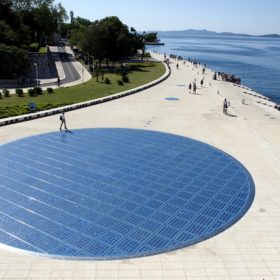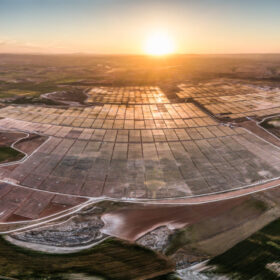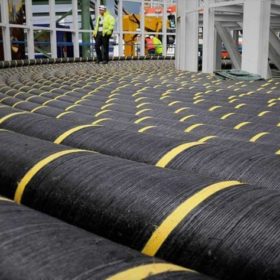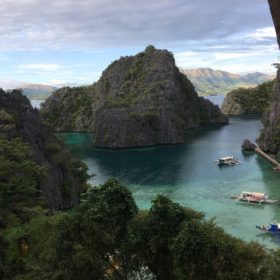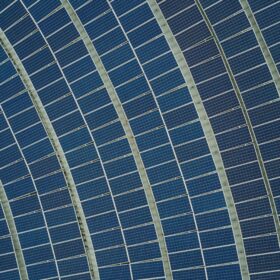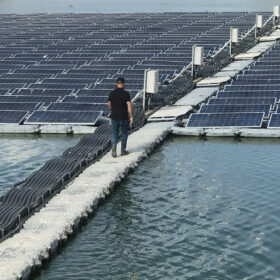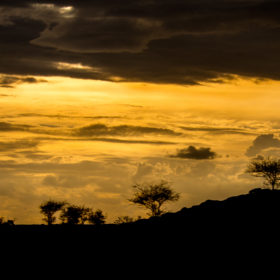Croatia’s solar streak marred by 4-year finalization waiting times
Zvonimir Meštrović, head of solar business development at Croatian energy company ENCRO, tells pv magazine that sunny days and an ideal political climate set the Balkan country up to harvest large volumes of solar. However, he says bureaucratic red tape is weighing down the industry.
BP to take full control of Lightsource BP
Energy giant BP announced today it would take full ownership of solar and wind energy developer Lightsource BP once a deal – pertaining to the purchase of the remaining renewables company’s shares BP does not own – goes through next year.
Thousands of Irish schools to hit the books for solar
Up to 1,600 schools in Ireland can apply from today to receive 6 kW of solar systems to be installed on their rooftops through a federally funded scheme, the Irish government recently announced.
TotalEnergies acquires minority stake in UK-Moroccan solar-wind interconnector
TotalEnergies says it has invested GBP 20 million ($25 million) in Xlinks’ 11.5 GW hybrid solar and wind facility in southern Morocco. Xlinks aims to transport power to Great Britain through 3,800 kilometers of underwater cables.
Are Europe’s major solar associations divided, again?
An article published in French newspaper Le Monde recently sparked a war between two prominent European PV associations – the decades-old SolarPower Europe and the three-year-old newcomer the European Solar Manufacturing Council. pv magazine looked into the matter to unpick the potential long-term impact the rift could have on the sector.
Maharlika Consortium wins Philippines microgrid tender
The Philippines Department of Energy says the Maharlika Consortium – representing three companies – will develop two microgrid hybrid solar and diesel generator power plants for “underserved” communities located on Panlaitan island and the island of Mindoro.
Chad launches tender for engineer to oversee 30 MW PV plant construction
The Republic of Chad has started accepting applications for a consulting engineer to supervise the construction of a 30 MW (AC) ground-mounted solar power plant – with a 60 MWh storage system, 90 kV line and 90/33 kV substation – near the national capital, N’Djamena.
EU Commission approves €5.7 billion Italian scheme for energy communities
The European Commission said last week it has greenlighted a €5.7 billion ($6.24 billion) scheme for Italy to develop renewable energy communities up to 1 MW in size.
Kenya seeking consultants for 40 MW floating solar tender
State-owned Kenyan Electricity Generating Company PLC (KenGen) is accepting feasibility study applications for the development of a 40 MW floating PV array, backed by German funding.
Ethiopia’s renewable energy sector hit by range of issues
Poor planning, overambitious projects and “weak” human and institutional expertise are just some problems plaguing the Ethiopian government’s best efforts to procure renewable energy projects, according to a new study.
